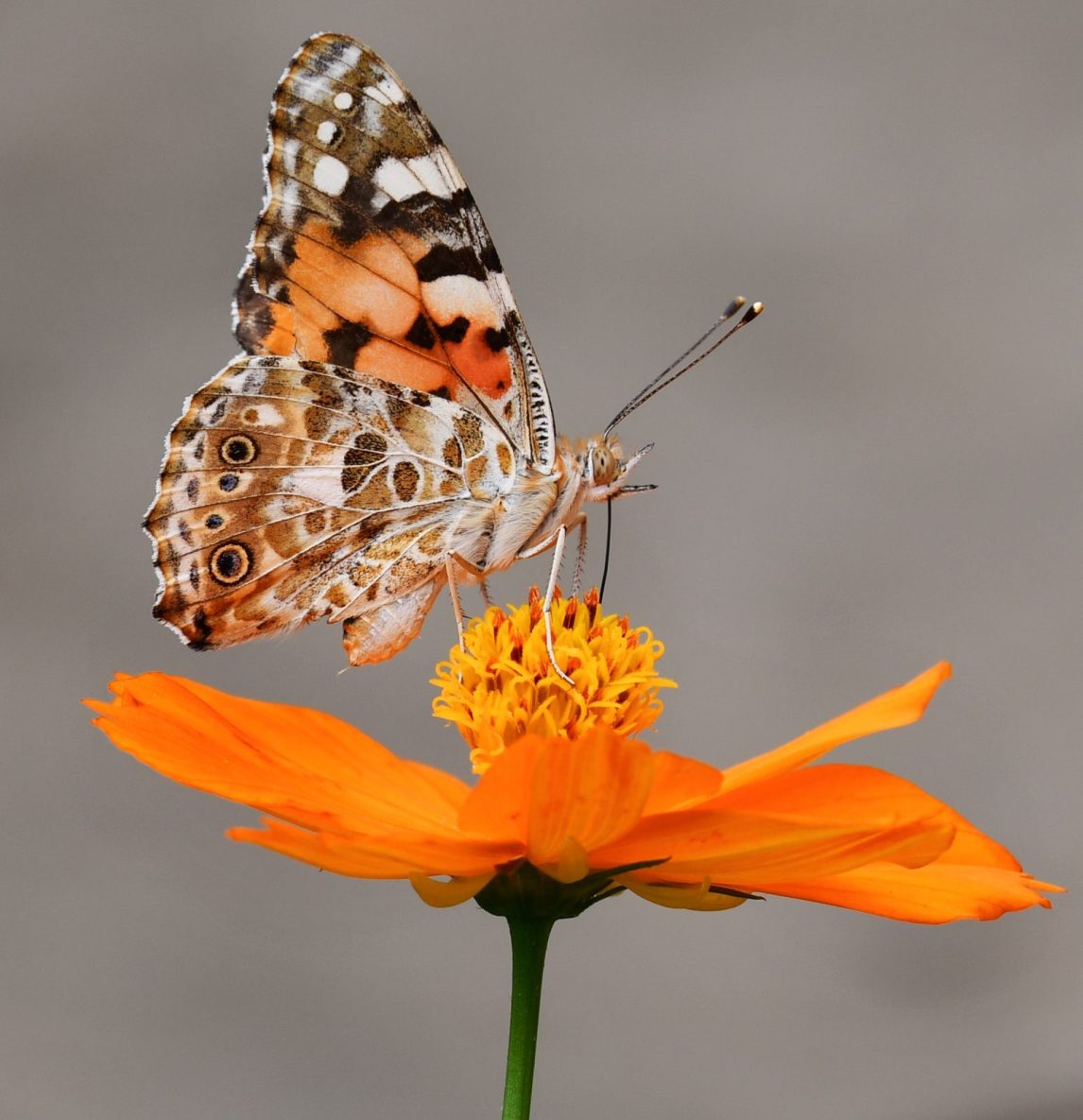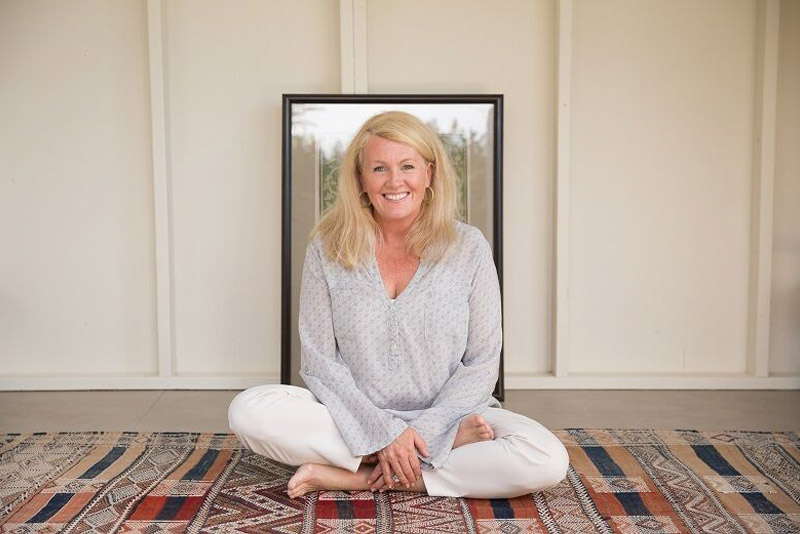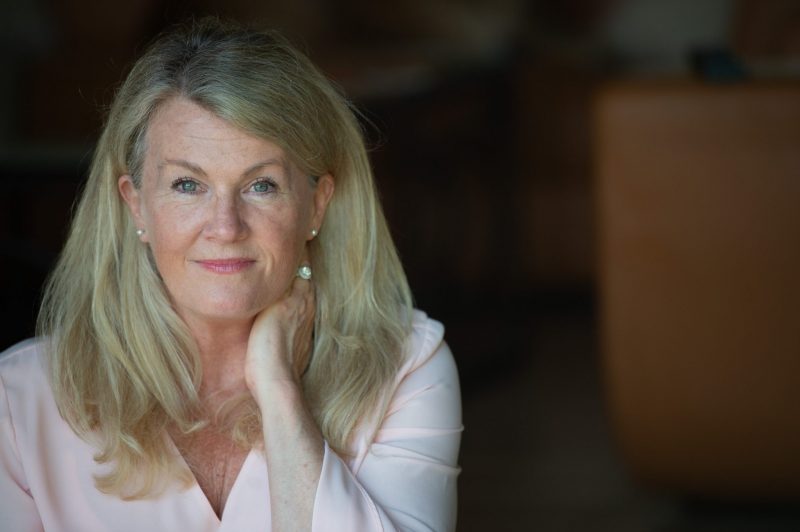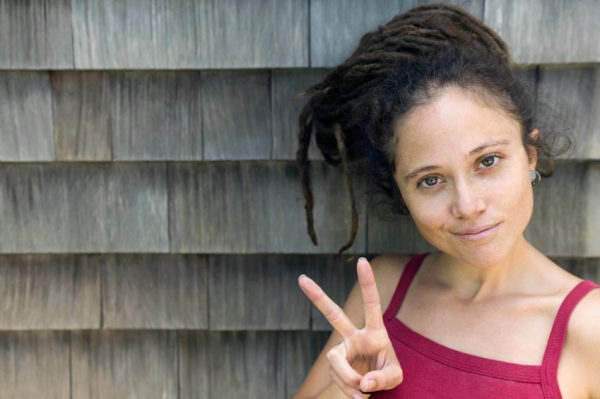Mindfulness & Vowing the Impossible

Mindfulness & Vowing the Impossible
About 25 years ago I was a resident in a Zen Buddhist training center. For two years, each morning and evening, I would meditate in the zendo alongside fellow priests, monks, and trainees, and we would chant our vows. One of the vows was, “Sentient beings are numberless, I vow to save them.” Over time, I realized many of the vows I made were impossible to keep, and though sometimes that was disheartening, they still served as a compass for me.
I’ve taken many oaths, pledges, and vows. In addition to those I took as a Buddhist, I pledged allegiance to the U.S. flag in school, I took the Oath of Enlistment when I joined the U.S. Army, and I’ve taken marriage vows. These days I still abide by the vows and commitments I made and in addition, I’ve adopted a habit of setting intentions before I get out of bed in the morning. I have noticed that my intentions seem to deepen into commitments, then become a silent vow.
Vows are found in almost every religion in some way shape or form. They act as guiding principles reminding us of our aspirations, and as touchstones that strengthen our faith and inspire us to persevere during challenging times.
The power of honoring the vows we make deepens our self-awareness, fosters our personal integrity, and facilitates greater spiritual fulfilment. When we make a commitment to align our actions with higher ideals and values, we become more and more mindful and aware of the moment-to-moment choices we make. This creates more inner transformation.
I took the Five Mindfulness Trainings at a retreat at Deer Park Monastery in Southern California with the late Vietnamese Buddhist Monk, Thich Nhat Hanh (known as “Thay” to his disciples). Thay had translated the ancient Buddhist vows into contemporary, nonsectarian practices of compassion and understanding, with mindfulness at the heart of each one.
The first Mindfulness Training is to protect life, to decrease violence in oneself, in the family and in society. The second is to practice social justice, generosity, not stealing, and not exploiting other living beings. The third is the practice of responsible sexual behavior in order to protect individuals, couples, families, and children. The fourth is the practice of deep listening and loving speech to restore communication and reconciliation. The fifth is about mindful consumption, to help us not bring toxins and poisons into our body or mind. Thay wrote about the power of mindfulness in his book Happiness: Essential Mindfulness Practices:
“With mindfulness, we are aware of what is going on in our bodies, our feelings, our minds and the world, and we avoid doing harm to ourselves and others. Mindfulness protects us, our families, and our society. When we are mindful, we can see that by refraining from doing one thing, we can prevent another thing from happening. We arrive at our own unique insight. It is not something imposed on us by an outside authority. Practicing the Mindfulness Trainings, therefore, helps us be more calm and concentrated, and brings more insight and enlightenment.”
Stay connected to receive invitations for future mindfulness gatherings here.
Sarah McLean
Sarah McLean is an acclaimed teacher and thought leader who is determined to create more peace on this planet by helping people wake up to the wonder and beauty of their lives and the world around them through the practices of meditation and mindfulness. She inspires audiences everywhere blending the spirit of Zen wisdom with Vedic knowledge and self-inquiry. She helps demystify meditation and makes it accessible to anyone. It was over 30 years ago when she began her daily meditation practice, and moved in to a Transcendental Meditation community. There, she received advanced training in meditation and studied Ayurveda. Since 1993, when she became the education director for Deepak Chopra’s Center for Mind Body Health, she's been teaching contemplative practices and mind/body health. In 1997, she went to India to live in a traditional ashram in India, When she returned to the States, spent two years as a resident trainee in a Zen Buddhist monastery. She fell in love with Self-inquiry and served as the director of Byron Katie's School for the Work. In 2012, she founded the McLean Meditation Institute, home of the Meditation Teacher Academy which certifies meditation and mindfulness teachers through its 300-hour teacher training program. Her bestseller, Soul-Centered: Transform Your Life in 8 Weeks with Meditation, and her most recent book, The Power of Attention: Awakening to Love have received rave reviews. She now lives in Santa Barbara, California where she trains meditation teachers and offers online classes and lives a life she loves.






